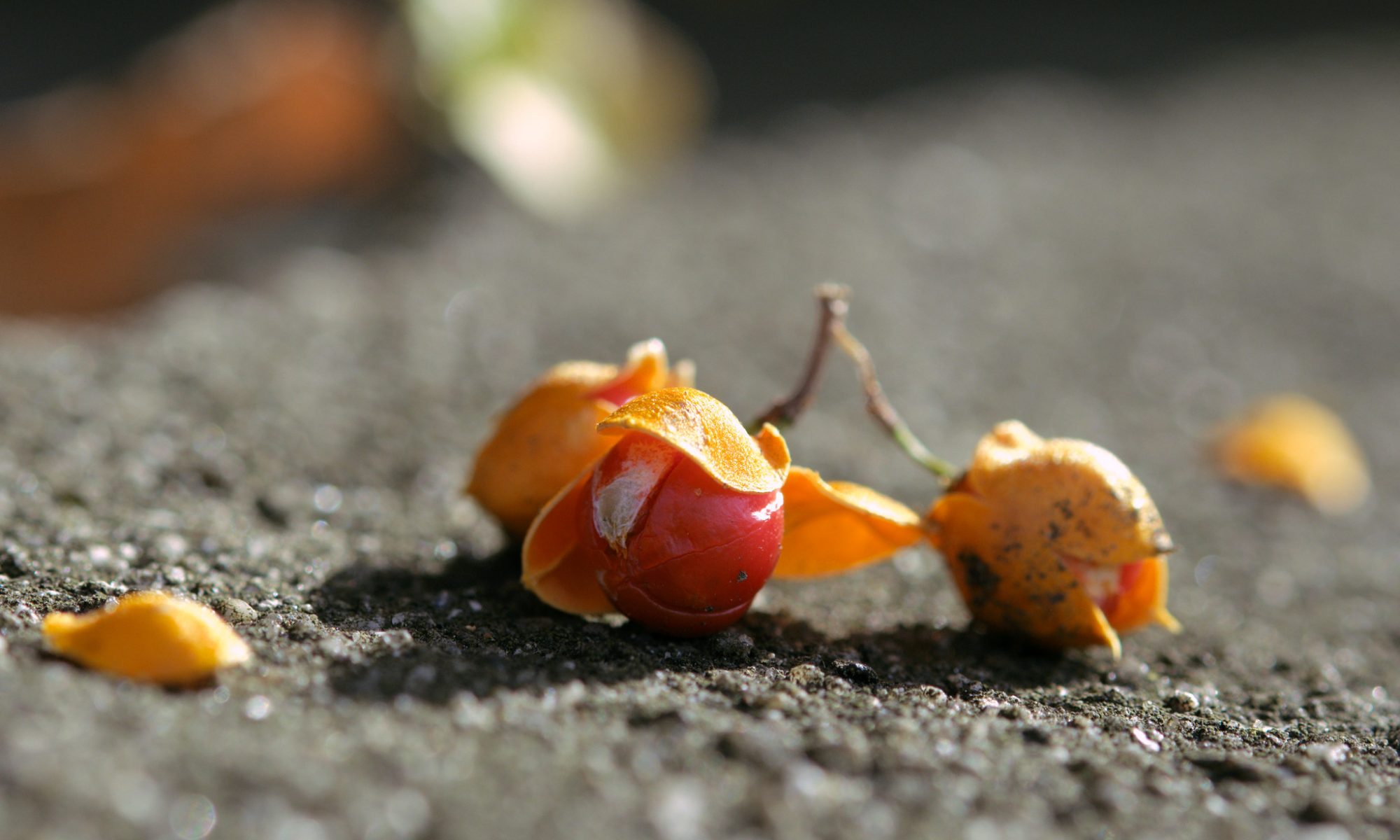As just fed to my son, in fact.
The execution of Troy Davis and the death penalty
I donated to the Innocence Project and the (US) National Coalition to Abolish the Death Penalty, for what it’s worth.
Fukushima Disaster: It’s Not Over Yet
The impact of both radiation and fear of radiation on Japanese society, although it feels a little shallow. I’d love to read this argument from the perspective of a Japanese person.
Struggles to come up with anything nice to say about cul-de-sacs, frankly, unless you are in the business of selling either cars or fuel for them. Oh, they’re quieter. Other than that, cul-de-sacs suck.
A Christmas-time fairy story by Karen Healey. So you know it’s got a tough-minded teen girl, New Zealand, and magic. Several of my favourite things.
Chemotherapy doesn’t work? Not so fast…
Science Based Medicine reviews the real position of chemotherapy. It works as the primary treatment for a fairly small number of cancers, it doesn’t work much at all for some cancers, and much of the time it is part of several treatments (radiotherapy, surgery).
Sady Doyle reflects on the extent to which being a feminist makes you a better person: potentially not much.
The Great American Bubble Machine
Goldman Sachs: always there to turn a functioning market into a speculative bubble, and thence to profit. Highlights include 100 million people entering hunger in 2007 due to speculation on food and oil futures. This was via Tim O’Reilly, who went down to the Occupy Wall Street protests because even rich small-government types do (or ought to) have a beef against Wall Street.
Disability Culture meets Euthanasia Culture: Lessons from my cat
On the normalisation of euthanasia in animals, to the point where vets can’t advise on what death of natural causes is like, and its relationship to euthanisa in humans. I was thinking about this issue over the last few years, most recently after a vet euthenised my parents’ elderly pet horse after what my father, who works in the meat industry and has seen hundreds if not thousands of animals die—and some seriously negligent treatment of animals for that matter—described as the worst suffering he’d ever seen. So, I don’t have a lot to say about Tony’s death, but it did make me think about how animals die.
Certificates and “authorities”
The certificates that identify websites for secure web browsing, that is. Basically, it’s a mess. There are about 400 organisations that are trusted by browsers to sign the identities of secure websites, they get hacked quite a bit, and some of them are careless at best about security.
Movin’ Meat: Instinct vs Expertise
An ER doctor puzzles over why a neurosurgeon isn’t taking a certain fracture seriously. Unlike a lot of stuff I link here, this is less about systemic concerns and more just an interesting story.
The iPad, the Kindle, and the future of books
From early last year, more in my attempt to understand publisher perspectives on ebooks. I’m in an interesting place on this, reading both in the open source/copyright reform world which tends to accept and embrace the tendency of the sale value of intellectual property to fall to zero or nearly so once distribution is cheap (see for example Copyfight on ebook prices rising), and librarians, publishers and authors who aren’t so hot on that happening to books.
Anyway, now I know what the agency model is.
Do We Need A New Nirvana? Does Modern Music Suck?
Joel Connolly (my brother-in-law, and a band manager) thinks audiences need to wise up to existing awesome music, basically. It’s a longer version of what he said to Bernard Zuel early in the month.
Above reproach: why do we never question fidelity?
I like this style of inquiry. Basically, the question is that everyone agrees that infidelity (not having multiple partners, but having multiple partners without being honest about it) is unethical. But should we? Is this sometimes part of oppression?
Every so often, asking these questions of human relationships is important. (Note that the writer, also, doesn’t have an answer.)
Increasing Barriers to College Attendance Through ‘Optional’ Extracurriculars
Something I’ve wondered about for ages, as Australian universities, which largely admit students based on pure academic performance, are constantly criticised for not moving to the US model, which takes into account the whole person, yadda yadda. As long as the whole person has time in their life for charity work, sports teams, student politics etc. To me, US college applications often sound like high schoolers applying for a Rhodes scholarship straight out of school. Not that raw exam scores don’t incorporate endless privilege, but extracurriculars do not in any way ameliorate that.

